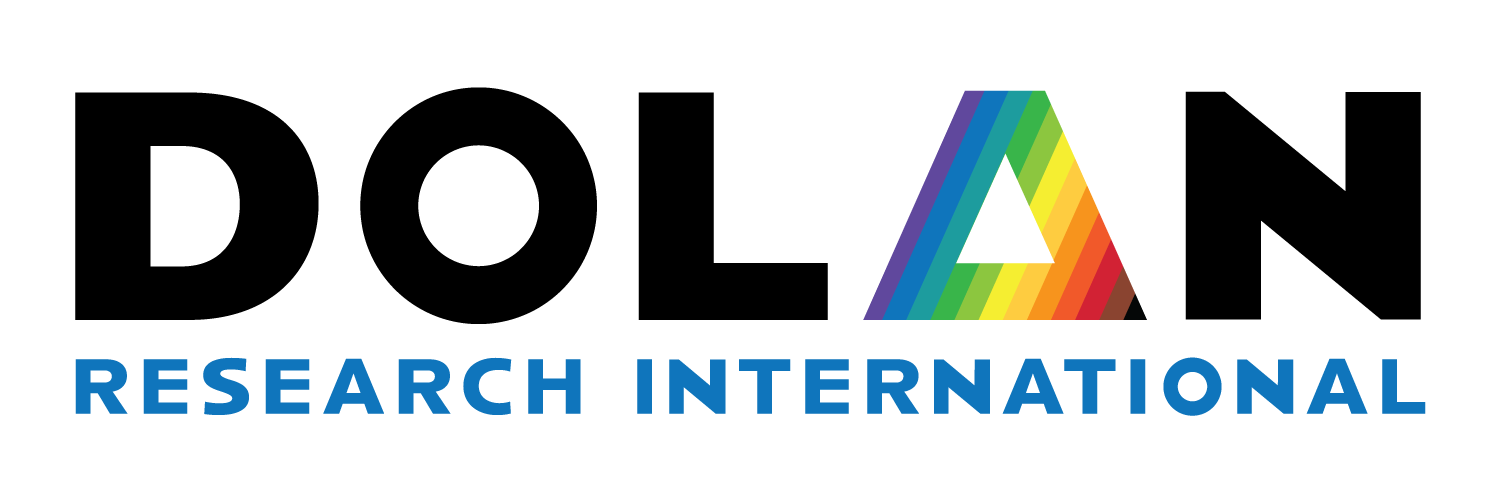Trying to become financially stable or successful without managing your cash flow is like trying to steer a car with no steering wheel. It’s pretty much impossible to do and you’ll end up crashing. Financial stability is a lifelong journey so here are some tips to help you stay on track with managing your cash flow from a financial coach.
Have a budget
A budget (or a spending plan) is empowering because it says, “I know where my money is coming from and I’ve made decisions about how I’m going to use it”. Financial coaches say that writing out your spending plan is empowering. For instance, you may realize that you don’t have enough money to cover your expenses. You can then make the decision to reduce your expenses if possible; be proactive with your creditors; or allow it to influence you to create multiple streams of income. Alternatively writing out your spending plan may show you that you have way more money coming in than you thought you did which gives you the opportunity to spend it consciously.
A budget isn’t only for the now. It’s also to help you look at the future and determine what you need to do to be financially secure tomorrow. You may decide to use some money now to invest in a business so you can create passive income. You may use some money now to purchase real estate so that it can build equity over time and you can make money from it by selling or renting it. You may even decide to pay down, or off, all your debt. Being debt-free when a crisis happens is a blessing and a luxury many people don’t have – which you can start to build today. In a nutshell, having a financial coach to help you create a spending plan empowers you to build an intentional life – today and in the future.
A Financial Coach Says to Have a Financial Expense Diary
Have you ever tried to lose weight and you just couldn’t seem to get those 15 pounds off? You exercise, stay active, and you feel like you eat healthily – but your clothes just aren’t fitting the way you want them to? If you’ve had this experience, you may have been told to track your food and calories/macros. Some people do this with apps like MyFitnessPal and other people take it a step further and write down what they eat, how many calories it was, and why they ate it. For example, they ate 10 cookies at 78 calories a piece because they had a bad day at work and said they deserve them. Sounds pretty realistic, doesn’t it? Now, apply that skill to your money. An expense diary will help you determine a few things. One, the average person spends a lot more than they think they do and two, they spend a lot because of unaddressed emotions they are experiencing.
If you use an expense diary to track what you’re spending, we can guarantee you that it will bring a lot of awareness of how much and why you’re using your money. For example, you may have something going on in your life where you feel helpless and powerless. If you’re experiencing these feelings, you may spend more money than you typically would. You may notice that you’re not saving every month or even that you can’t meet your expenses every month. Tracking what you’re spending money on and why you’re buying it can help you check yourself when you notice that things are slipping or that they aren’t progressing well. It allows you to give yourself some grace during extraordinary times. Like now, – you may have to buy a lot of food because we’re in the middle of a global pandemic. Similarly, financial coaches say an expense diary may cause to you realize that your spending is not in alignment with who you are. What you do with your money is what you do with your life – you have the power to change both.
Be financially creative
Don’t be afraid to be frugal and use things more than once. If you have things that you don’t use – sell them. Get creative with how you use the things you purchase. When you’re making purchases be sure to ask yourself why you are purchasing it and if you really need it. You may want to make a list of the things you feel that you need and then go around your house to make sure that there’s not something else you can use as a substitute. Consider doing some online research, maybe Pinterest, to learn how to make several meals at once; reduce your grocery budget; or learn how to repurpose something in your house.
In order to achieve the vision you have for yourself, it’s important to manage your cashflow. You can do it – one step at a time, and if you find you are having trouble, be sure to hire a financial coach.

